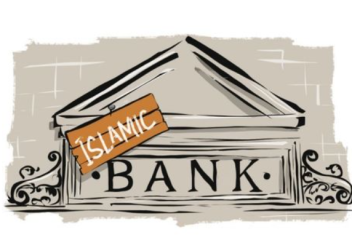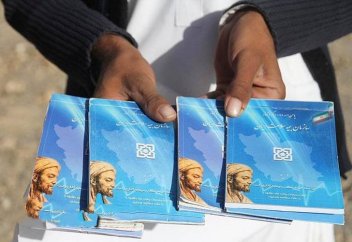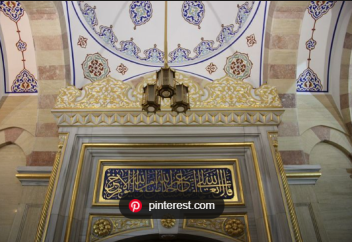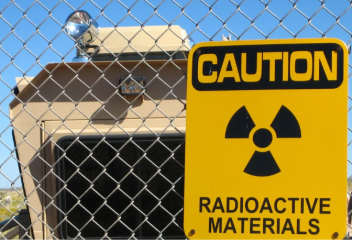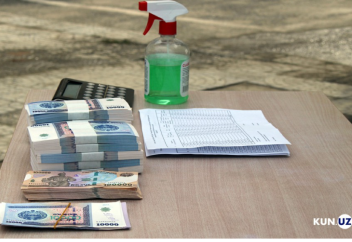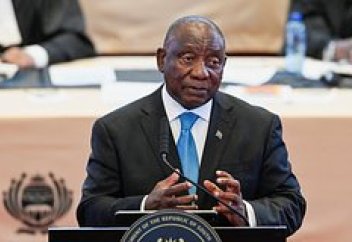|
В Сенегале уходят французские войска, в то время как Западная Африка пересматривает колониальные связи
|
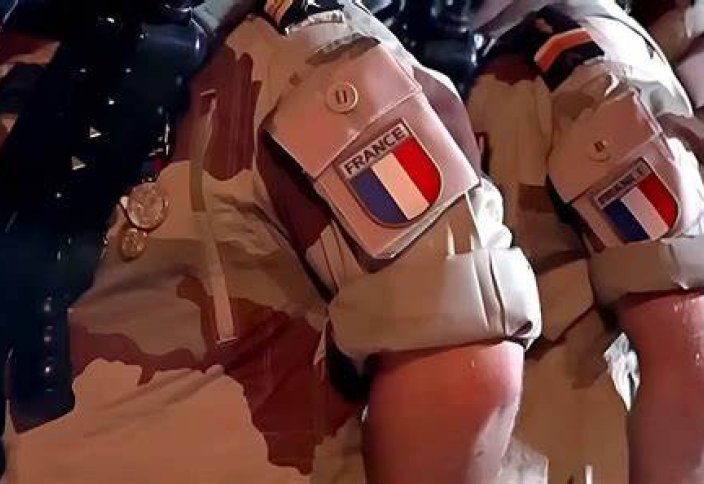
Франция передала правительству Сенегала контроль над двумя военными базами в столице Сенегала Дакаре, которые она использовала на протяжении десятилетий. Этот шаг последовал за заявлением президента Сенегала Бассиру Диомайе Файе в конце 2024 года о том, что все иностранные войска должны будут покинуть страну.
«Сенегал — независимая страна, суверенное государство, и суверенитет не позволяет присутствовать иностранным военным базам», — сказал Фай агентству France-Presse в ноябре.
В отличие от Буркина-Фасо, Мали и Нигера, где военные хунты в последние годы изгнали французские и американские войска, этот шаг исходит от демократически избранного лидера. Фэй одержал решительную победу на президентских выборах в Сенегале в 2024 году и пришел к власти, несмотря на усилия бывшего президента Маки Салла продлить свое правление за пределы конституционных пределов.
Другие демократические страны Западной Африки, похоже, также пересматривают свои связи с западными державами. Кот-д'Ивуар, например, призвал к прекращению военного пакта колониальной эпохи с Францией. И есть признаки того, что американские войска вскоре могут попросить покинуть Гану.
Тот факт, что демократически избранные правительства занимают позицию, аналогичную позиции военных лидеров в регионе, должен побудить к более глубокому размышлению о факторах, лежащих в основе этих решений.
Younger generations of African leaders, shaped by decades of witnessing foreign-backed governments fail to boost development and security, are increasingly focused on decolonising their countries. This shift has also been driven by growing public awareness of the exploitation of Africa's natural resources by some former colonial powers.
Some observers attribute these developments to disinformation campaigns targeting France and other western governments. But the reality is that foreign interventions and paternalistic policies in Africa have done little to benefit African populations.
Стремление Сенегала к суверенитету
To further distance itself from France, the Senegalese government plans to replace the CFA franc with a national currency. The CFA franc, which is controlled by the French treasury, is a currency used in 14 countries in west and central Africa. It gives French companies easier access to natural resources in African countries where it is used.
The move to replace it could test Senegal's relationship with France. In 2019, when Italy's former deputy prime minister, Luigi Di Maio, raised concerns about the impact of the CFA franc on Africa's development, the French president, Emmanuel Macron, dismissed the issue, stating: "I will not respond".
Alongside economic reforms, Senegal is also reshaping its public spaces. It will soon begin renaming streets and landmarks that were previously associated with colonial figures. And the government wants to update school textbooks and create a department that will manage how Senegal's national heritage is documented.
There is a broader regional movement to replace colonial-era street names. In Niger's capital, Niamey, Avenue de Gaulle, named after the former French general and statesman, has been renamed Avenue Djibo Bakary after the city's first post-independence mayor.
Similar efforts are underway in central Africa. In March 2025, a court ruling in Uganda mandated the removal of British colonial monuments and renaming streets that honour "crooks and historical figureheads".
Among the figures affected include Maj. Gen. Henry Edward Colville, an early commissioner of the Uganda Protectorate, and Frederick Lugard, a key colonial administrator in Africa. Lugard also played a central role in creating Nigeria for British colonial rule.
Политические сдвиги в Сахеле
A political shift seems to be taking place in Africa, particularly in the Sahel. In the 1960s, during the early years of African independence movements, many leaders from the continent took up arms against the colonial establishment.
This included Amílcar Cabral, leader of the African Party for the Independence of Guinea and Cape Verde in Guinea-Bissau, as well as Nelson Mandela, who co-founded Umkhonto we Sizwe, the armed wing of the African National Congress party in South Africa.
They were treated as threats to the colonial order, at least outside their own supporter base. Cabral was assassinated in 1973 by political rivals, with the alleged support of the Portuguese security establishment.
Nelson Mandela, who was imprisoned for 27 years by the South African apartheid regime he opposed, was on the US government's terrorist list until 2008 despite being released from custody in 1993 and becoming the country's first black president in 1994.
The rhetoric and actions of many military-led governments in the Sahel, along with some democratically elected leaders, echo those of Africa's early independence movements. Like their predecessors, these leaders are often condemned by foreign governments, yet they appear to have growing support among people in the region.
Public rallies held by Captain Ibrahim Traoré in Burkina Faso regularly draw large crowds. The same is true for the military leaders in Niger. Traoré was even welcomed by cheering crowds during the recent inaugurations of democratically elected presidents in Senegal and Ghana.
This is an unusual reception for a leader who came to power through a military coup. Such moments reflect the sentiment of millions who see these leaders less as military rulers and more as symbols of resistance against foreign influence.
Some analysts have warned of instability following the expulsion of foreign troops from the Sahel. But decades of foreign military interventions have done little to improve security in the region. Counterinsurgency operations have not only failed to contain violence - the influence of insurgent groups has grown.
According to a February 2025 report by the Africa Center for Strategic Studies, the Sahel has been the epicentre of violence in Africa for four consecutive years. More than 10,000 deaths were attributed to militant Islamist violence in the region throughout 2024, with civilians being the primary targets.
Africa must take the lead in addressing its security and economic challenges, engaging with international partners on equal terms rather than as a passive participant. African leaders should prioritise security, education and development while opening dialogue with disaffected groups that feel excluded from political and economic opportunities.
Эзенва Э. Олумба, докторант Исследовательского центра конфликтов, насилия и терроризма, Лондонский университет Ройял Холлоуэй
allAfrica.com





